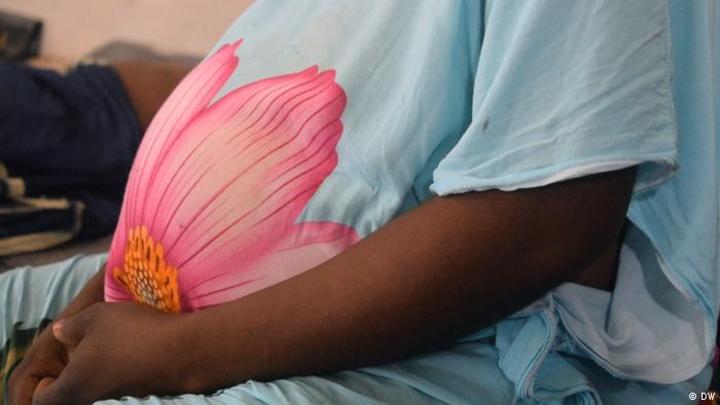Africa-Press – Mozambique. Local health services in some villages in Palma, have refused to attend to pregnant women fleeing the conflict, describes a report by humanitarian organisations warning of increasing conflicts between IDPs and host communities.
“Evidence of discrimination towards the IDP community was also mentioned in relation to service providers. IDP women recounted walking for five hours pregnant or having just delivered only to be turned away at the health centre when trying to access maternity services,” describes the document by UNHCR Protection Cluster Cabo Delgado on a mission led by the UN Office for the Coordination of Humanitarian Affairs (OCHA).
The mission “included members of the Protection Cluster to reinforce a protection lens within the multi-sectoral assessment that took place on 14 and 15 October, in Quitunda, Maganja and Mondlane villages,” reads the report.
“Tension between the host and IDP community has been identified and can become a major protection concern. ” linked to ” the lack of access to essential services, basic assistance, and limited natural resources” , according to meetings and conversations held by humanitarian organizations with inhabitants.
“Both communities,” hosts and IDPs, “felt that relations are negative and appear to be deteriorating,” the report reads.
There are community leaders s said to be denying IDP children’s access to school and excluding IDP households from distribution lists, humanitarian officials heard.
According to another account, in the village of Monjane (or Mondlane) IDPs have been accused of destroying cashew seedlings of the host community and of occupying houses and shelters
The report suggests identifying the main reasons of tension between communities in order to “develop a social cohesion plan”.
The task requires a greater presence of humanitarian organisations in cooperation with the Government, which is still difficult because of security fears in the area, the report said.
The increase in internal conflicts is a reflection of structural problems reiterated in the document: there is a lack of food, basic services, there are war traumas and serious risks of violence and sexual abuse against women and children, sometimes because there is not even a notion that they should not be allowed.
Cabo Delgado province is rich in natural gas, but terrorised since 2017 by armed rebels, with some attacks claimed by the extremist group Islamic State.
The conflict has led to more than 3,100 deaths, according to the ACLED conflict registration project, and more than 817,000 displaced people, according to Mozambican authorities.
Since July, an offensive by government troops with support from Rwanda which was later joined by the Southern African Development Community (SADC) allowed for an increase in security, recovering several areas where there was rebel presence, including the town of Mocímboa da Praia, which had been occupied since August 2020.
For More News And Analysis About Mozambique Follow Africa-Press






